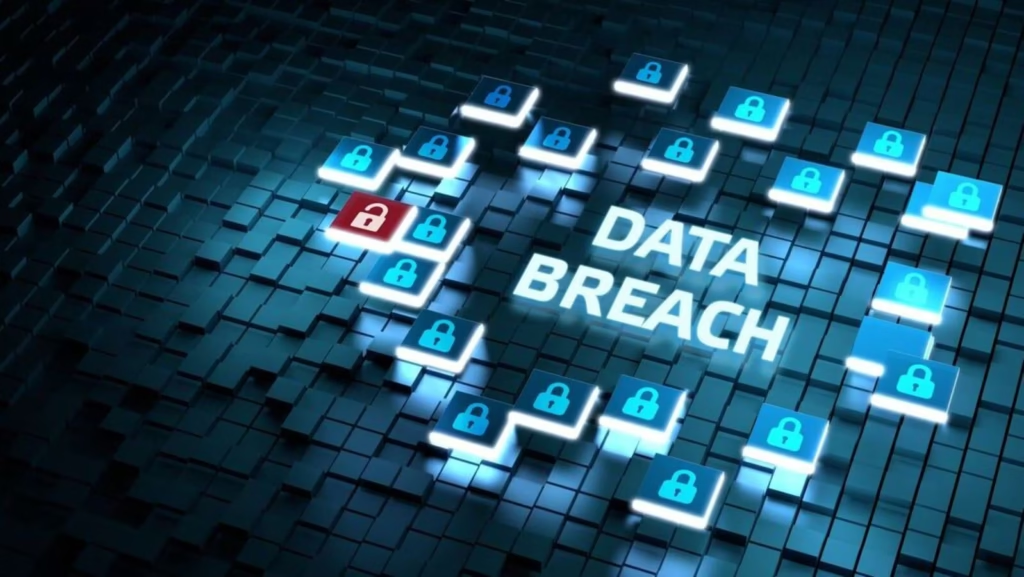
Cybersecurity researchers at Cybernews have uncovered a historical leak, with an astonishing 16 billion login credentials—from usernames and passwords to URLs—exposed online. This represents the largest compilation of account data in history, spanning 30 insecure databases and affecting major platforms including Google, Apple, Facebook, Telegram, GitHub, and government services
Researchers at cybersecurity outlet Cybernews say that billions of login credentials have been leaked and compiled into datasets online.
Billions of login credentials have been leaked and compiled into datasets online, giving criminals “unprecedented access” to accounts, according to new research from a cybersecurity publication.
The research from Cybernews revealed that a total of 16 billion credentials were compromised, including user passwords for Google, Facebook and Apple.
The report said the 30 exposed datasets each contained a vast amount of login information and the leaked information did not span from a single source, such as one breach targeting a company.
What’s Behind This Massive Breach?
- Multi-source theft: This is not one single hack, but a massive amalgamation of multiple smaller breaches, compiled over time and briefly accessible to the public .
- Infostealer malware: Most of this data was harvested using malicious software designed to steal credentials directly from infected computers
- Fresh, exploitable intelligence: The leak includes both new and recent credentials, making them “weaponizable” for phishing, account takeovers, and identity theft.
Why It Matters
- Unprecedented reach: With 16 billion records—twice the number of people on Earth—many individuals likely had multiple accounts compromised. Duplicates make it difficult to quantify the scope, but the impact is undeniably vast .
- Broad platform exposure: The leak includes credentials for major tech giants (Google, Facebook, Apple), developer tools, messaging apps, and government portals.
- Catalyst for cybercriminal activities: Experts warn this breach could fuel waves of sophisticated phishing, social engineering, ransomware, and business email compromise attacks
Various infostealers were most likely the culprit, Cybernews noted.
Infostealers are a form of malicious software that breach a victim’s device or systems to take sensitive information.
Many questions remain about these leaked credentials, including whose hands the login credentials are in now.
Sixteen billion is roughly double the amount of people on Earth today, signalling that impacted consumers may have had credentials for more than one account leaked.
Immediate Actions You Must Take
- Change your passwords: Reset passwords across all important accounts. Use unique, strong passwords for each service.
- Enable Multi-Factor Authentication (MFA): Add an extra layer of security—SMS, authenticator apps, or hardware keys.
- Use password managers or passkeys: Tools like 1Password or Google’s passkeys offer safe storage and stronger authentication .
- Check for exposure: Use resources like Have I Been Pwned or Google Password Checkup to see if your credentials were impacted.
- Watch for suspicious activity: Be alert for unusual logins, unauthorized emails, or password reset attempts.
The Bigger Picture
- Infostealer malware is rampant, with new massive datasets surfacing every few weeks .
- The cybersecurity arms race continues: Companies must deploy advanced phishing filters, bot detection, MFA, and proactive monitoring. Incident response teams should be ready for credential-based breaches.
- Accountability and privacy: There’s growing demand for stronger data protection regulations and stricter enforcement to hold organizations responsible for leaked user data.
16 billion login credentials stolen
The stolen account credentials have allegedly been exposed on the darknet and various illicit online marketplaces. The substantial breach and its consequences underscore that cybersecurity is not merely a technical issue but a collective obligation.
Cybersecurity researchers found more than 16 billion stolen login credentials that were just put up for sale online Experts say that if this trove is not dealt with, it could lead to phishing attacks ..
Thanks For Redaing